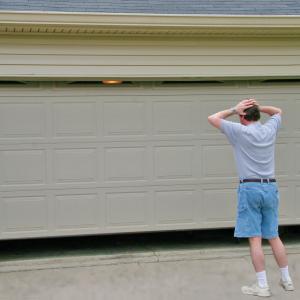
Tule Wind Farm transforms wind into electricity

John Gibbins, San Diego Union-Tribune
In eastern San Diego County, just north of Interstate 8 in the McCain Valley, stand 57 (as of 2018) wind turbines with blades longer than the length of an American football field. When in full operation, Tule is capable of powering 40,000 homes with electricity.
It might seem like wind farms like Tule create electricity out of thin air, but the Law of Conservation of Energy states energy cannot be created or destroyed, only transferred or changed from one form to another.
What other wonderings do you have about wind, wind farms and wind turbines? Explore some of these questions that dive into earth science, physics and engineering.
- Where does wind come from? Why is it windy some days and in certain locations?
- Why are there more wind farms east of Laguna Mountain? How do engineers know to plan and build wind farms in specific areas?
- What is the optimal turbine blade size and shape? How did scientists and engineers find the optimal blade shape? Why do most wind turbines have three blades?
- What impact do wind farms have on the environment?
Seeking to add more math to your science? Consider this bill by former California governor Jerry Brown in 2018:
California set a goal to rely entirely on renewable energy sources by 2045. What percent of California’s energy needs are met by wind? By renewables? By what percentage will our reliance on renewables need to grow to meet the 2045 goal?
Resources:
NPR: California Sets Goal Of 100 Percent Clean Electric Power By 2045
San Diego Foundation: MITIGATING THE ENVIRONMENTAL IMPACT AT THE TULE WIND FARM
San Diego Union-Tribune: Tule Wind Farm now producing electricity
Energy.gov: How Do Wind Turbines Work?
NGSS & Grade:
Elementary: 4-PS3 Energy
Middle School: MS.Human Impacts
HS-ESS3-2; HS-ESS3-4: HS-ESS3 Earth and Human Activity




